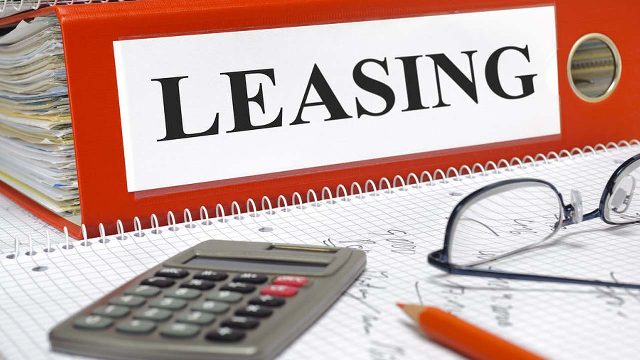The Nigerian leasing industry continued its growth trend in 2017, as the outstanding lease volume grew to N1.44 trillion, against N1.26 trillion in 2016, representing a growth of 14.5 per cent.
The growth, according to the Equipment Leasing Association (ELAN), was facilitated by the relative stability in the macroeconomic environment, increasing demand, new entrants in the industry and increased value of assets due to the depreciation of the Naira.
Analysis of the volume by sector shows that oil and gas took the lead with N449 billion, representing 28 per cent of the total portfolio, while transportation followed with N355 billion, representing 20 per cent.
The manufacturing sector, on the other hand, moved to N217 billion from N180 billion in 2016, while agriculture, government, telecommunications, education, healthcare, construction and consumer sectors recorded considerable growth.
Finance lease, according to the Executive Secretary/Chief Executive Officer, ELAN, Andrew Efurhievwe, remained the predominant type of leasing, accounting for 65 per cent of the transactions, while operating lease continued to make strong showing at 35 per cent.
In recent times, he said, there has been increase in the market share of operating lease due to its growing popularity among lessors, as a risk mitigating mechanism against default and response to current market dictates, especially from corporate customers who require service-oriented lease.In terms of transaction value, he said the banks still takes the lead, particularly financing big ticket leases, and providing funds to lessors for lease transactions.
The non-bank lessors, he pointed out, accounted for about 80 per cent of customer base, mainly from the Small and Medium Scale Enterprises (SMEs), even as the leasing industry continued to attract investors from the financial and other sectors desiring to tap into the opportunities in leasing and as a means of hedging against other non-performing product offerings.
In assets categorisation, he stressed that vehicles take the lead with about 52 per cent of the leased assets, including trucks for haulage and buses for inter-state commercial transportation, which have been major attraction in recent times.He stated that market projections indicates that the leasing industry will blossom, given the wide financing gaps in all sectors of the economy, the increasing relevance of leasing to capital formation with the challenge of access to finance, especially to MSMEs and the expected government’s commitment to the various initiatives aimed at consolidating growth and development in the economy.
“For instance, the implementation of the Economic Recovery and Growth Plan (ERGP) 2018 – 2020, will create enormous market for the leasing business, as a whole range of equipment would be required across the entire value chain of priority sectors including agriculture, mining, manufacturing, among others,” he pointed out.
While calling on government to continue to support the leasing industry through a more favourable operating environment, he stated that the capacity of the industry needs to be strengthened and sustained to enable it perform its developmental role effectively.The funding challenge, according to him, is a key area of concern, calling on government to intervene by allowing leasing companies to access pension and the various intervention funds for development in specific sectors of the economy.













